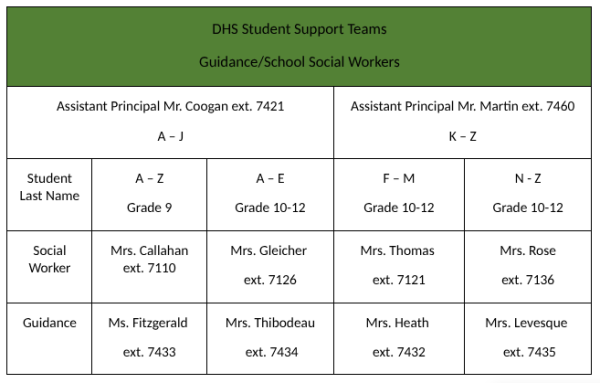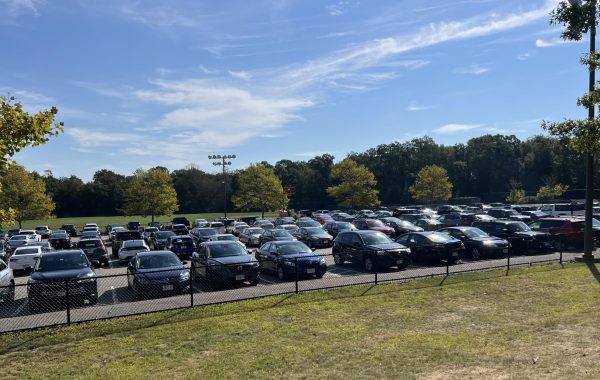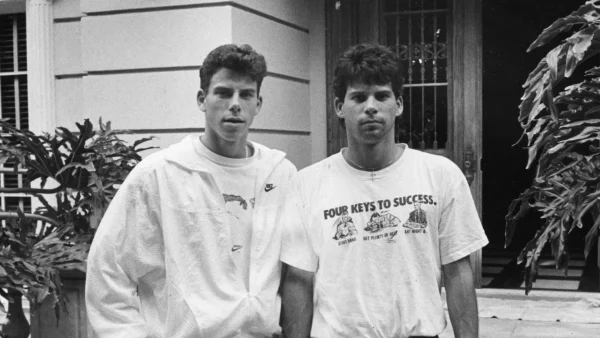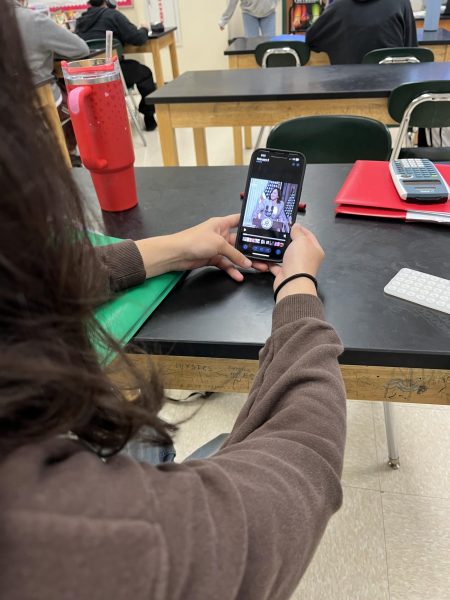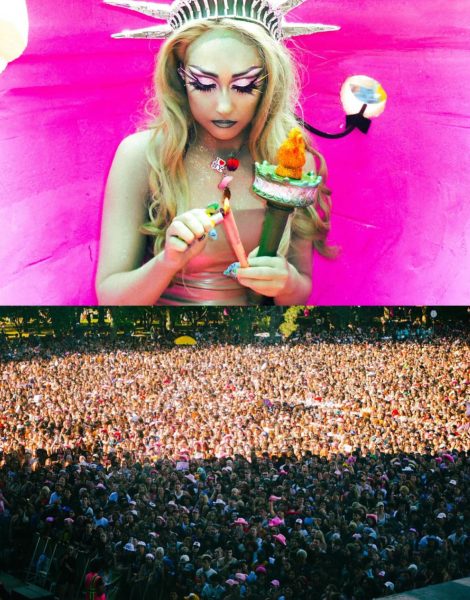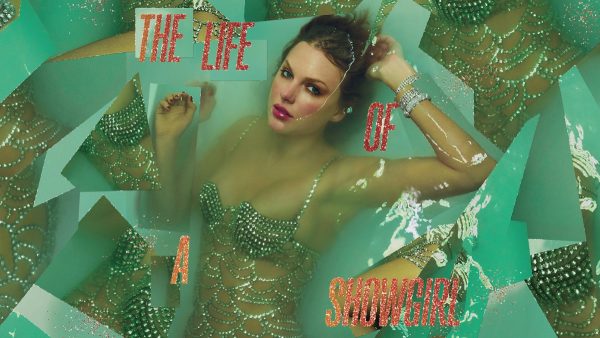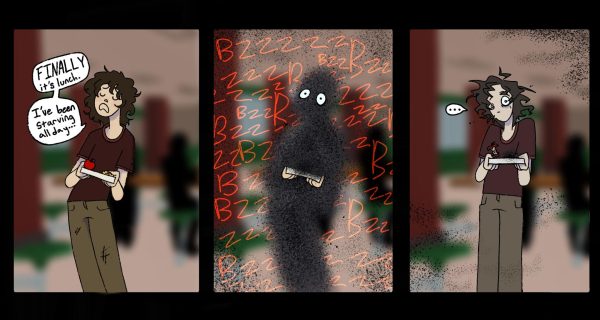Summer of Protest: Even in Dartmouth

The Black Lives Matter protest movement came to Dartmouth this summer.
The summer of 2020 has been unlike any summer in more than a generation. Across the United States and some parts of the world, countless civil rights protests have been organized during the pandemic at a scale not seen in 100 years. The recent, and not so recent murders of Black Americans have been the catalyst for the most prominent and largest movement in this country, the Black Lives Matter movement. The deepening political divide has also provided society an opportunity to redefine who we are and where we will stand on issues of social justice and systemic racism.
On June 6, 2020, residents of Dartmouth held a protest demanding equality for Black Americans. Amy McGonnigal, Alumna of DHS Class of 2019, organized this protest. “I wanted to bring light to police brutality and racial injustice in the world. Having lived in Dartmouth there is observantly a small percentage of POC [people of color]. Those residents deserve to live in a space where they don’t have to respond or live with hate, but they do. Everyday,” she said.
There has been much backlash towards recent Black Lives Matter protests, arguing they incite violence, however the many students at DHS that attended these protests were fighting for change. Despite media portrayal, the vast majority of these protests have been peaceful, along with the people who attend them. “I’ve never felt so accepted by complete strangers until I went to a protest. I think we all need to sit down and listen, literally listen, and hear and empathize their experiences and we would exponentially grow together,” said Junior Jaeda Walker who attended a protest.
“Protesters treated each other like life long friends and made unforgettable bonds.” said Junior Julia Gilchrest who attended the Dartmouth protest along with 12 others.
In 2016, NFL player Colin Kaepernick knelt during the National Anthem in protest of police brutality. Kaepernick received immense criticism from this action. At the beginning of Kaepernick’s protests he sat down during the anthem, rather than the kneeling he is known for. Army Veteran Nate Boyer advised Kaepernick to kneel during the anthem instead of sitting, stating it would show more respect to veterans while maintaining his first amendment right to protest. Kaepernick listened. Still, the backlash received from the NFL and many others continues till this day.
Most Americans advocate for peaceful protests, but some of the same people advocating for peaceful protests were the ones who were against it when Colin Kaepernick did it. Watching someone take a knee during a protest is not the real issue for most people. But watching someone take a knee during the start of an NFL game makes a lot of people uncomfortable. People hate to be uncomfortable and will naturally try to silence those who make them feel this way. However, you cannot advocate for peaceful protests and progress for civil rights if you are also advocating for silence.
“As a POC the social issues affect me directly. People need to understand that the reason everything got so “violent” was because nobody listened when Black people tried other methods of speaking up. Colin Kaepernick is still not respected by so many people, and all he did was kneel. Being continuously ignored sucks and it was apparent that new methods of protesting, such as marches, were needed,” said an DHS student.
Racism in Massachusetts is often overlooked due to the majority Democratic and Liberal population that many people incorrectly perceive as being non-racist. The underlying truth is that racism is ingrained in every society and part of the cultural development in the country. Many DHS students are affected and live through this racism every single day, despite the town majority leaning to the left.
“The social issues affect me personally because my dad is Black and my mom is Asian. I knew they could never admit to being afraid, but I was afraid for them,” said senior Arianna Stevens. This is something that white students have never, and will never experience. White people need to strive to be anti-racist and work towards learning how their privileges affect and shape their lives. Not being racist or saying you aren’t racist isn’t enough. Having Black friends doesn’t make you not racist. Being anti-racist does. Anti-racism is work, and individuals have to work to unlearn their racial bias and need to listen to BIPOC (Black, Indigenous, People of Color) voices who are talked over in society. Listen, learn, and change. In today’s society being apolitical is a privilege.
The DHS English Department is taking steps towards expanding the diversity of books and curriculum that are taught to students.
“It’s about taking the time to educate students about what’s around them. Students want to talk about it, they want to listen to other voices, and they want their voices to be heard,” said English teacher Tara Kearny.
Hearing from Black voices in society, along with other oppressed groups is a huge step towards making changes. People who have experienced systemic oppression are often talked over by white people. They view this as their sticking up or saving Black people, but it does the opposite. “Not enough people understand that they can do more harm than good if they don’t get rid of their “white savior complex,” said a DHS student. Listening and learning from Black voices is a way to overshadow racial bias and be anti-racist.
The most important thing to remember is that victims of police brutality and victims of a failed system were individuals. In our modern world of social media, people seem to turn individuals into hashtags, posts, or trends. These victims had family and friends they loved, and friends and families who loved them. They had dreams, goals, and favorites. They had a favorite movie, a favorite song, and dreams for their future. They wanted to live, and they deserve to be here right now. They don’t deserve to be used as a hashtag for white people to seem socially conscious, they deserve justice. Black people shouldn’t be in fear of their lives and they deserve to have a system that represents equality for them.
“I don’t want to be scared anymore, I want to be able to live freely,” said Stevens.

